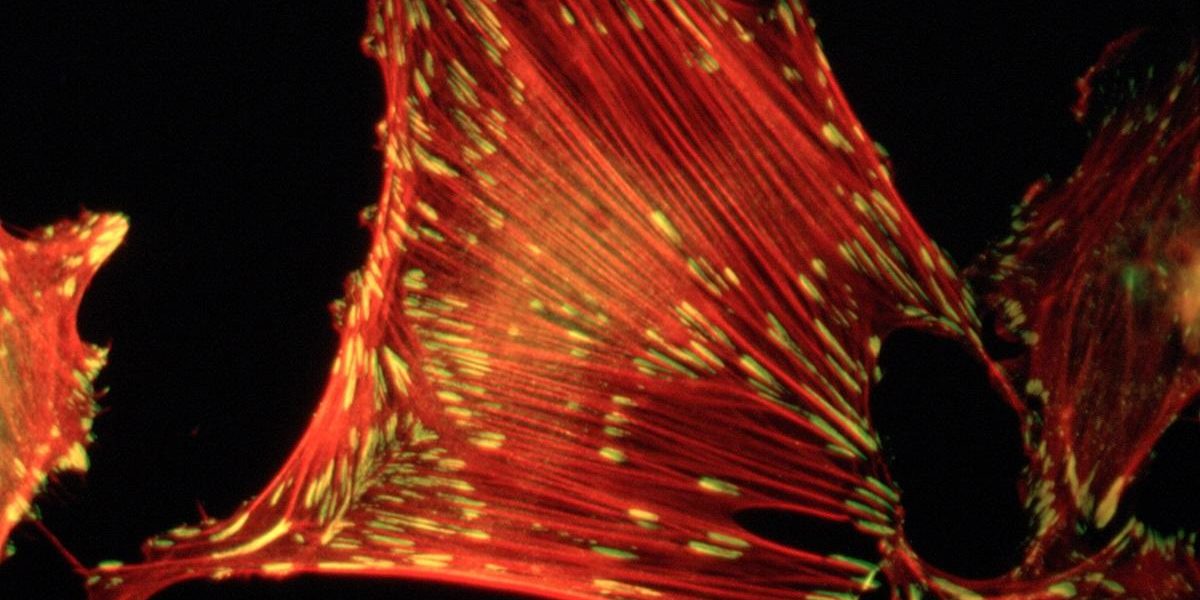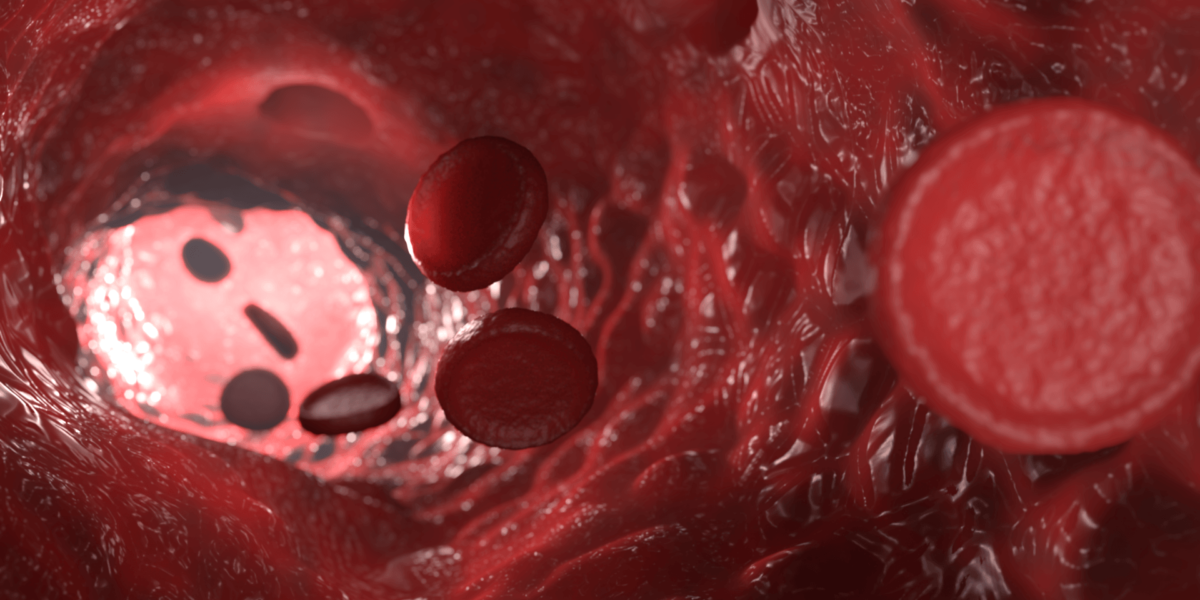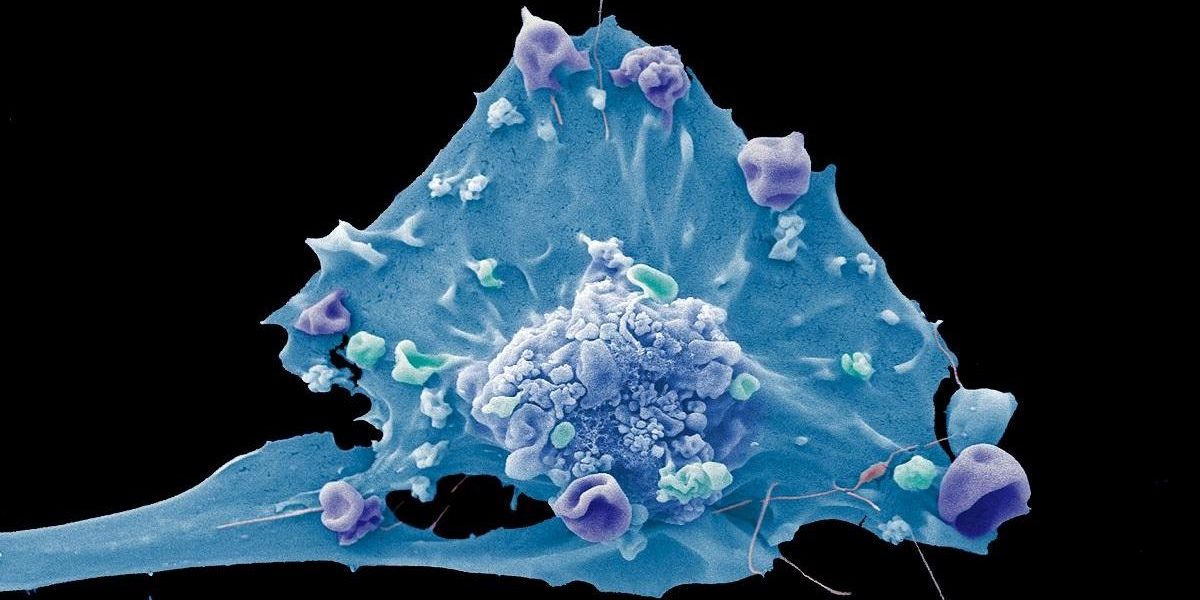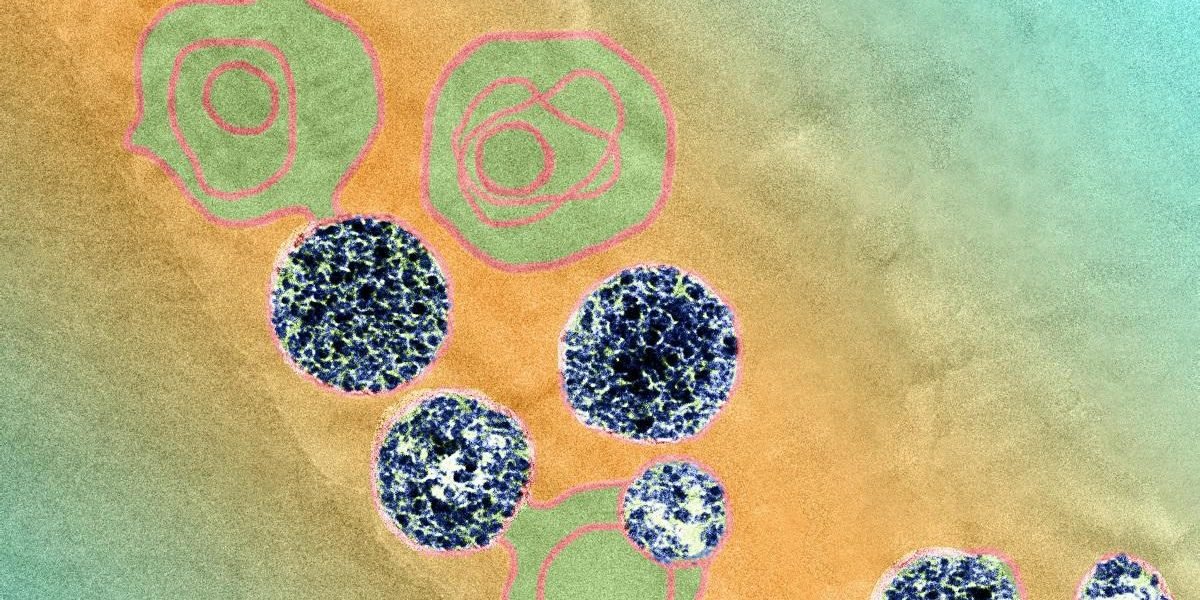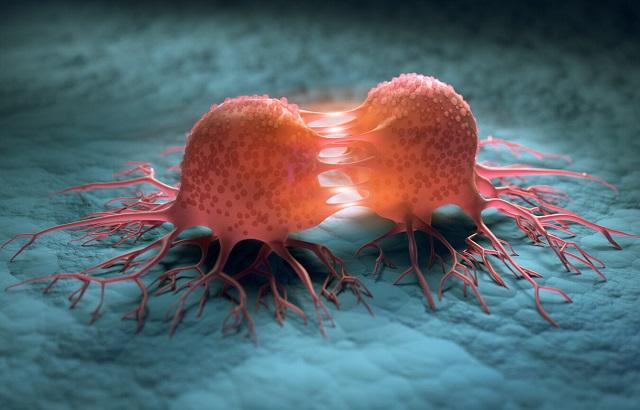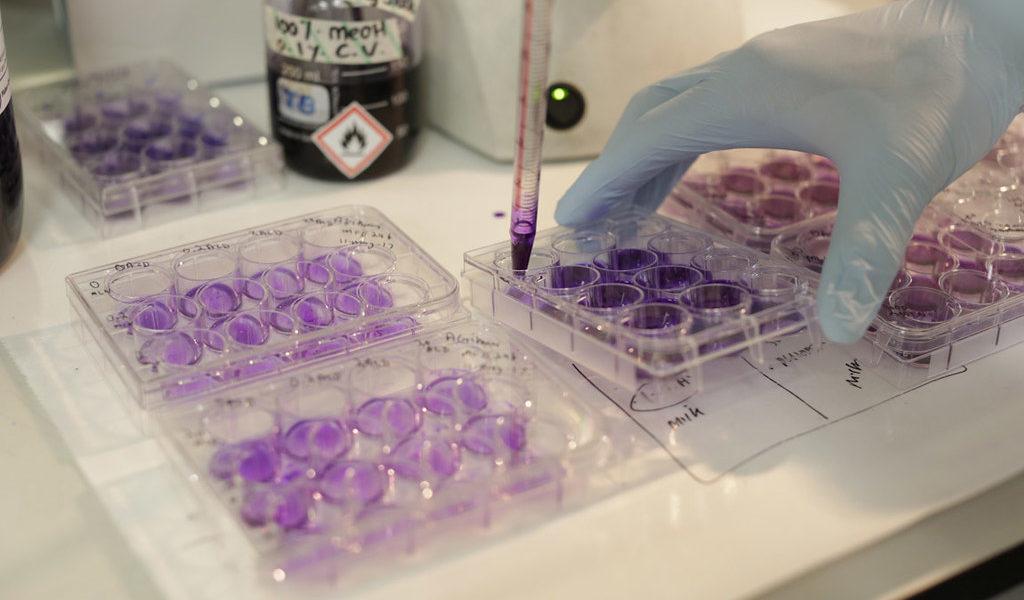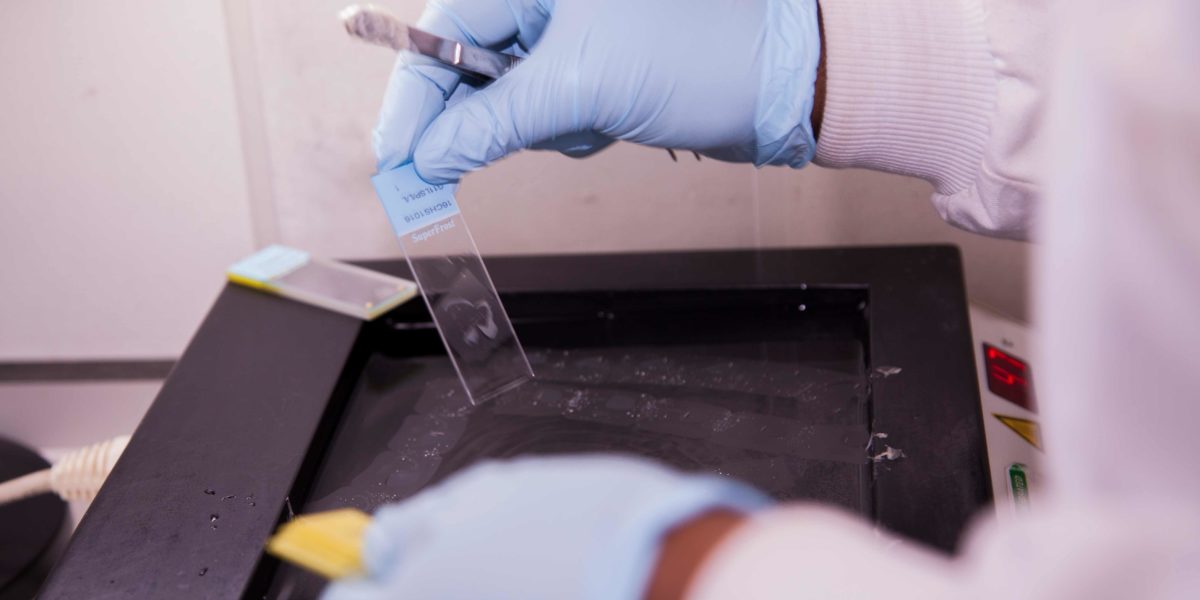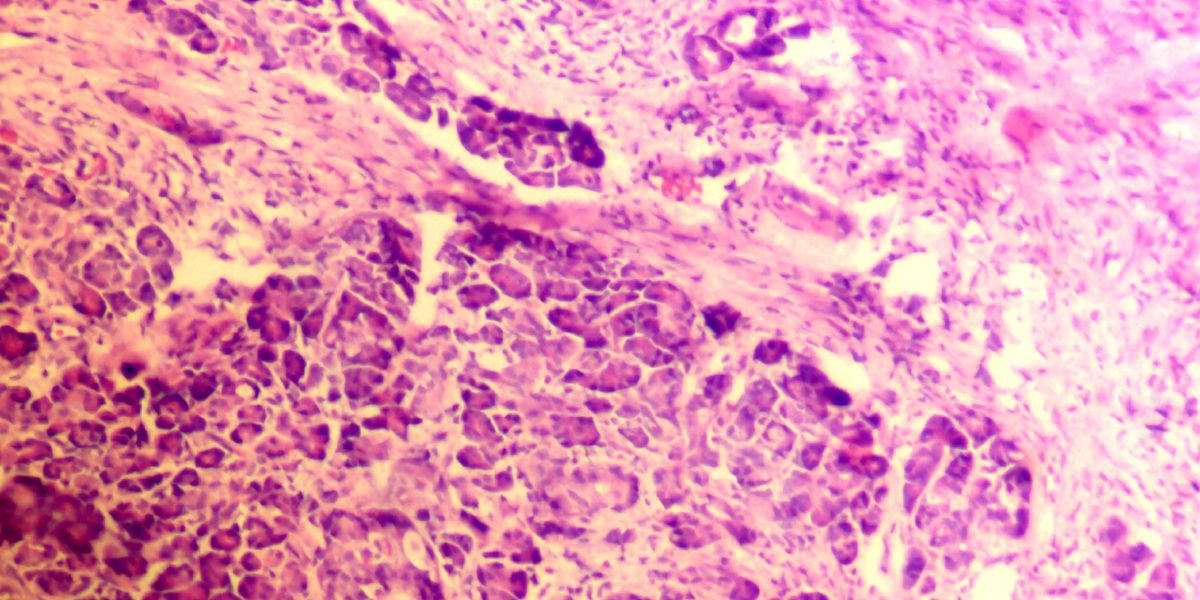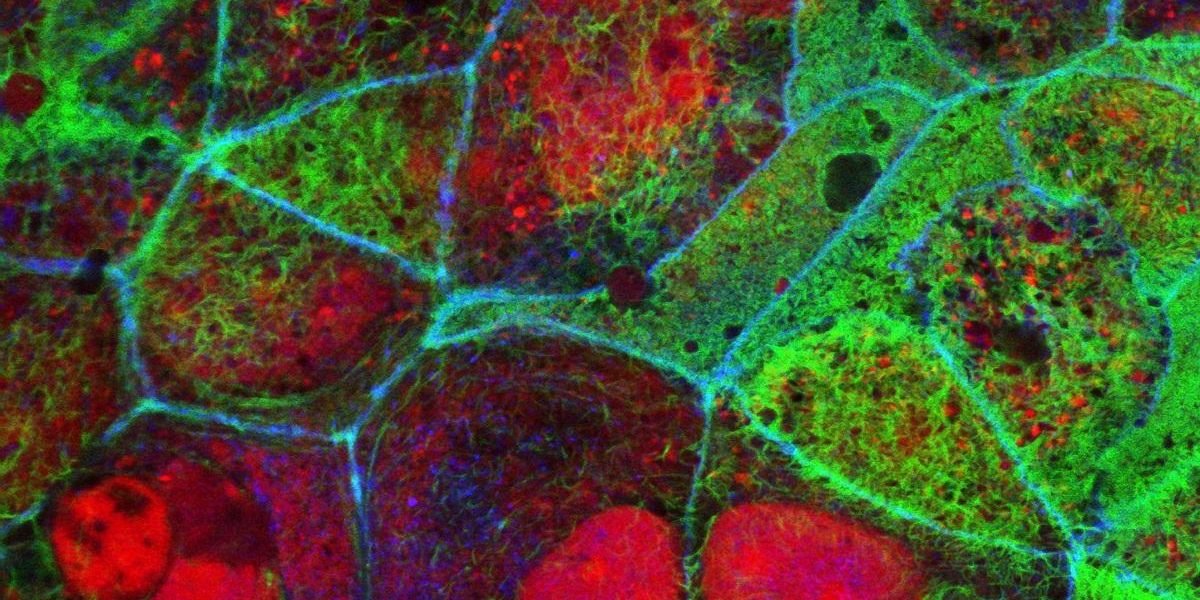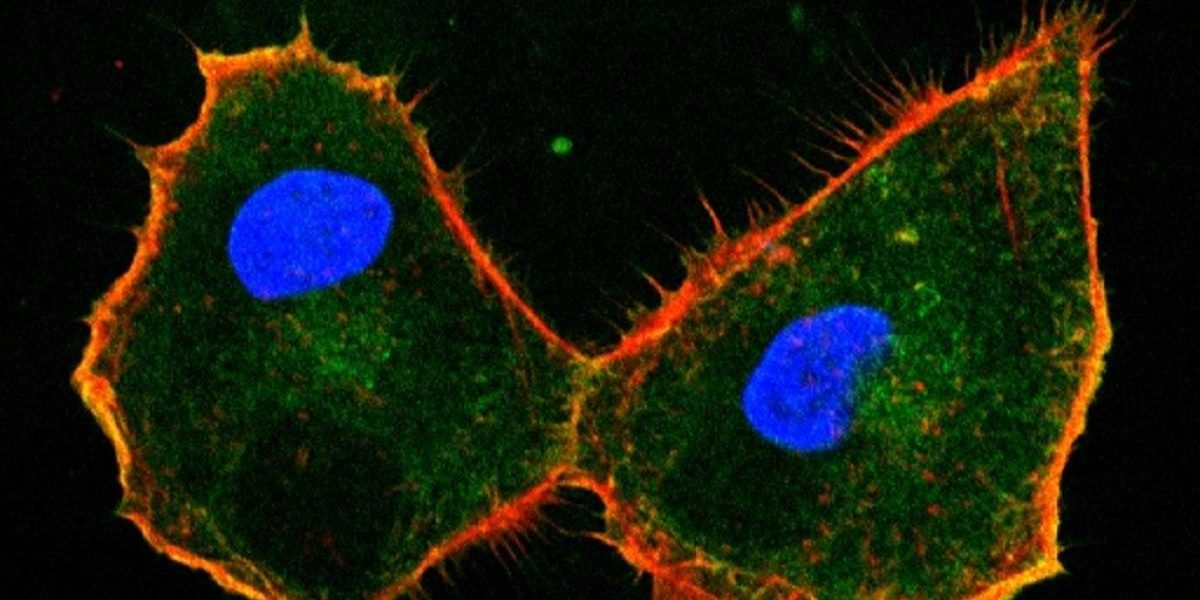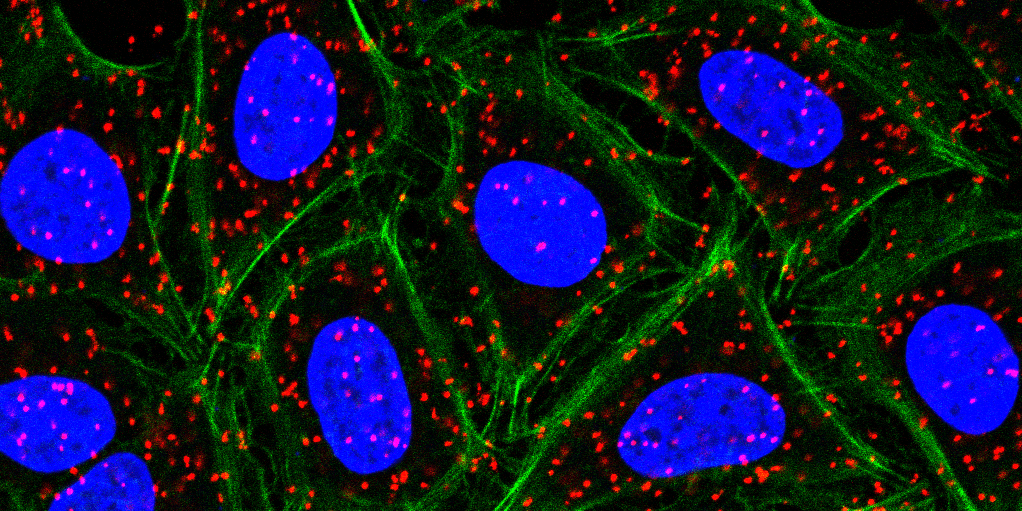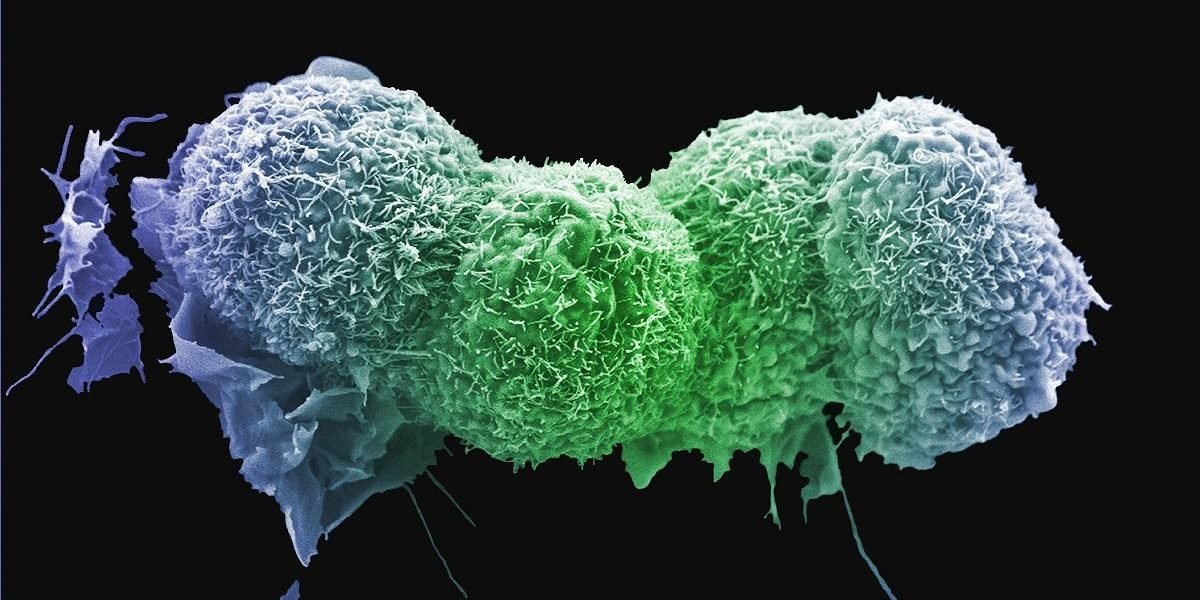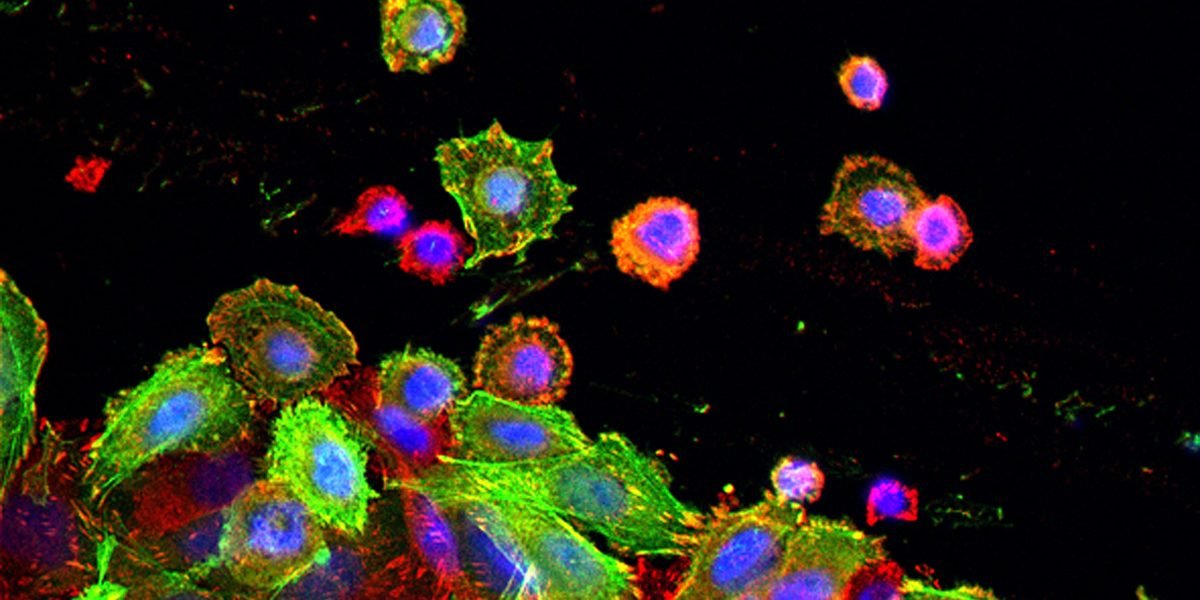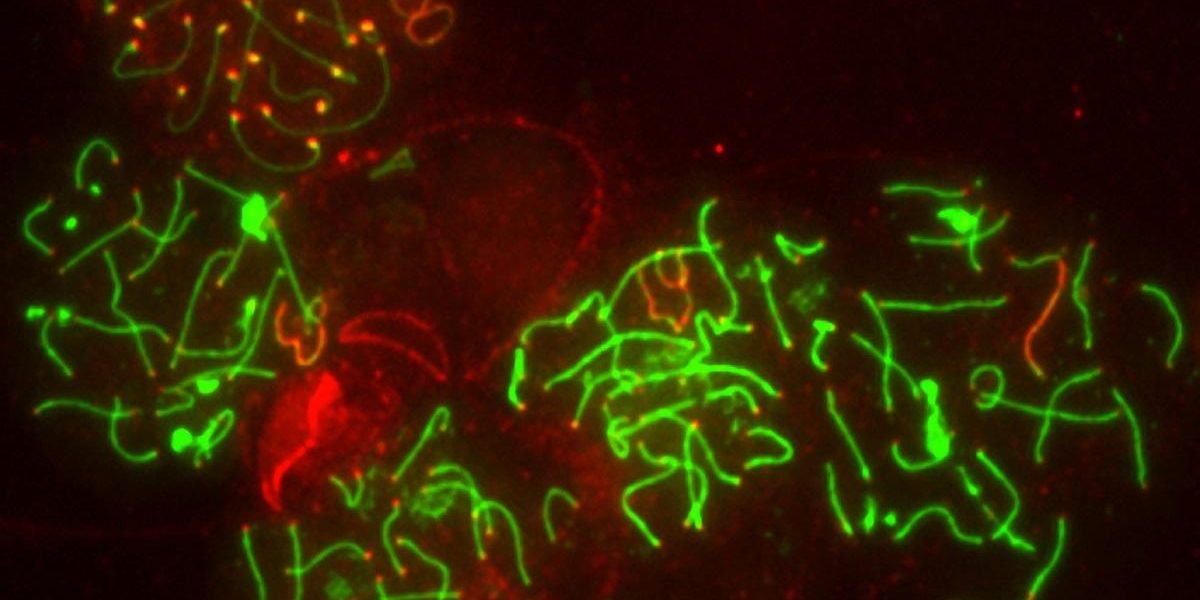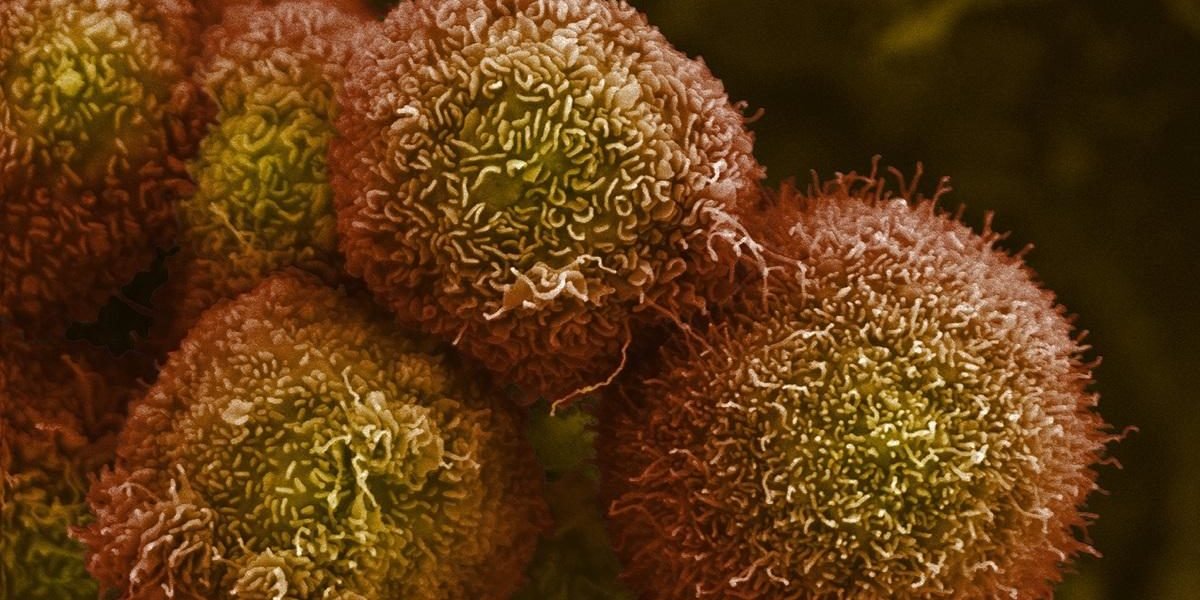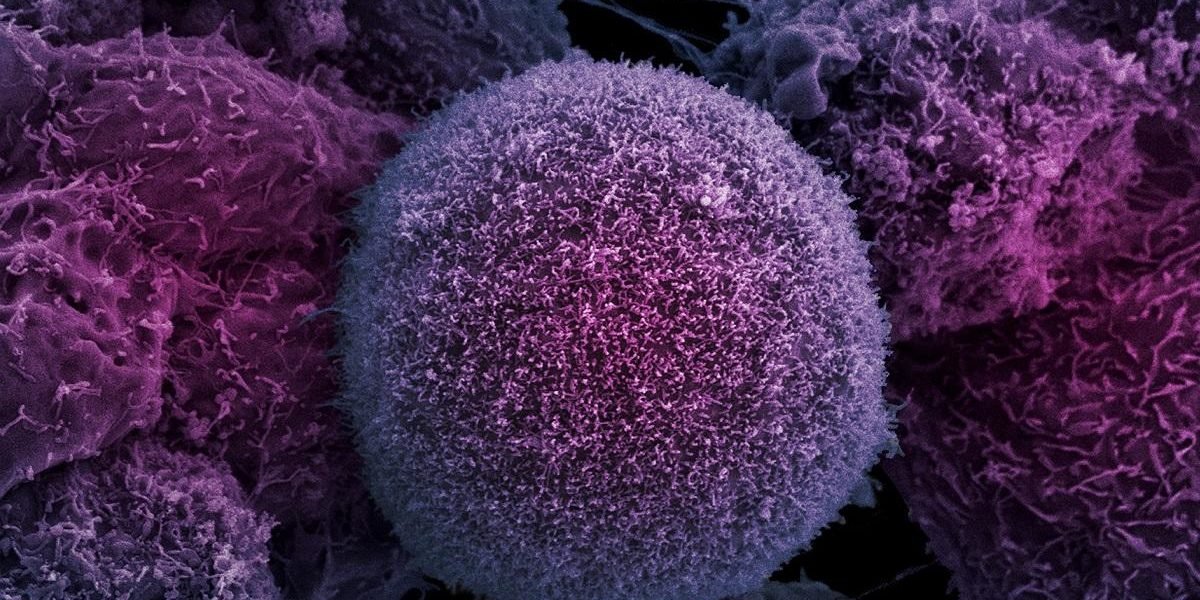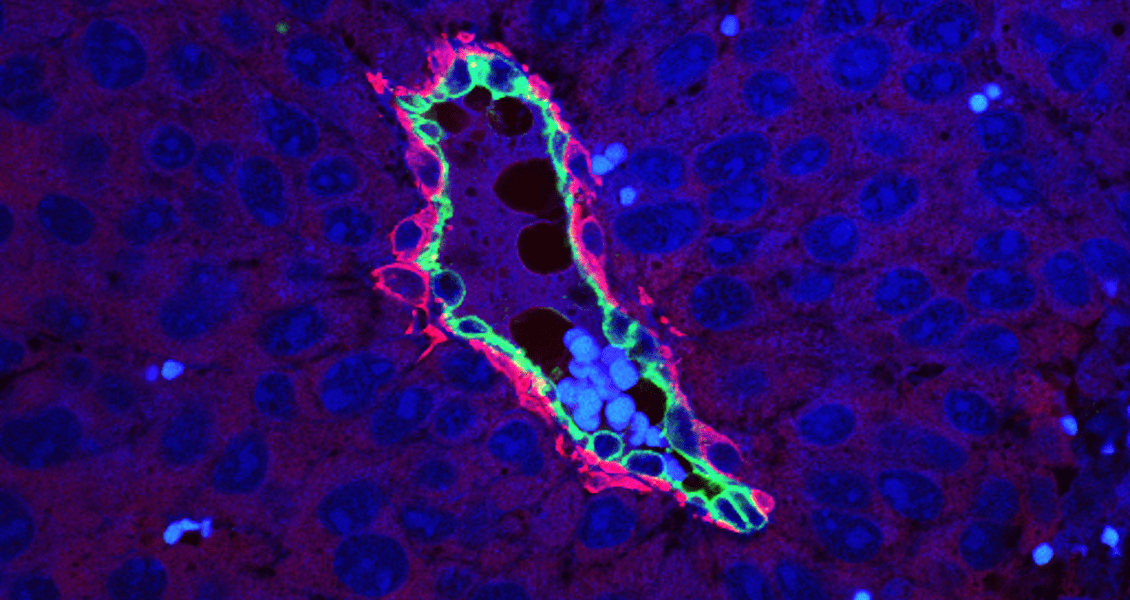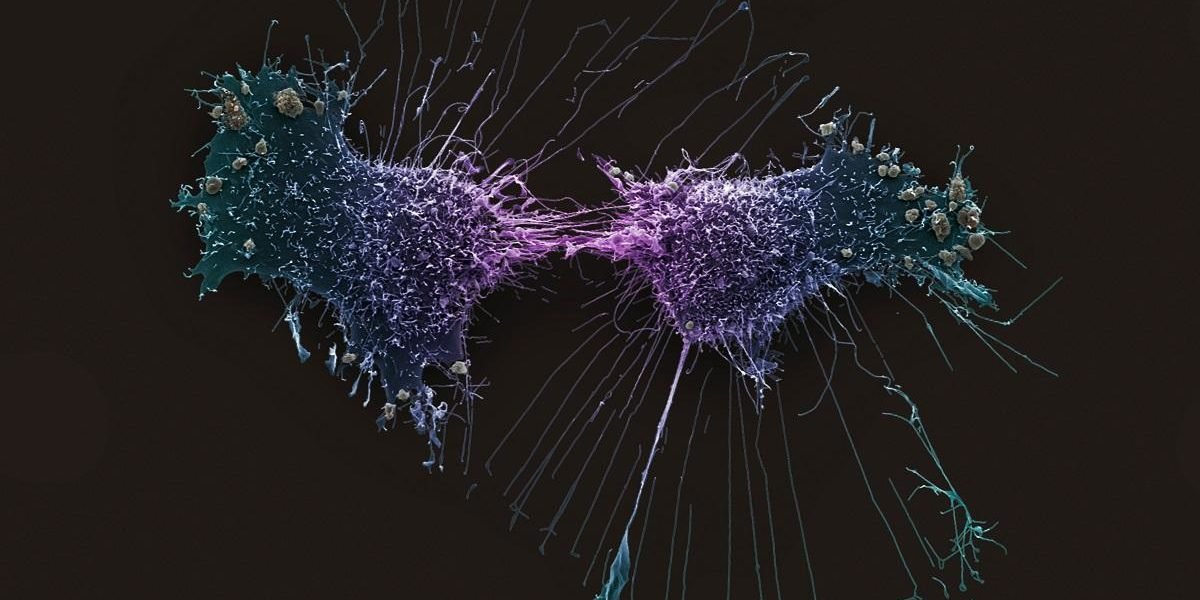
Our Research
The CRUK Barts Centre is internationally renowned in many areas of cancer research- click a tile below to find out more about our work in each field. These research areas of interest are focused into five key Research Themes.Adhesion and Integrins
In cancer, the inappropriate expression or activity of specialised receptors, such as integrins and cadherins, actively promotes cancer progression. We focus on understanding this process with a view to identifying new molecular therapeutic targets.
Blood cancers
We are working to further understand the molecular basis for blood cancers, identify targets for novel targeted therapies and identify biomarkers of prognosis and response to treatment.
Breast cancer
Our research focuses on understanding the basic molecular biology of breast cancer through to epidemiological studies on the different molecular sub-types and their incidence.
Cancer Bioinformatics
Bioinformatics enables cancer researchers to manage, analyse, mine and understand the currently accumulated, valuable, high-throughput data.
Cancer Gene Therapy
We are developing experimental treatments that can target cancers that have become resistant to standard therapies, with a particular focus on the development of gene therapy strategies to target pancreatic, prostate and ovarian cancers.
Cancer Imaging
Imaging plays a crucial role in the clinical management of patients with cancer. It can provide essential information on the localisation and staging of disease as well as on an individual's prognosis and response to therapy.
Cancer Metabolism
The BCI Cancer Metabolism Hub is a community of research groups investigating the fundamental metabolic alterations that take place in human cancers, translating these novel discoveries into clinical advances.
Cancer Prevention
We conduct research into the prevention of cancer with a particular focus on preventive therapy and screening. We focus on identifying and validating interventions for reducing the risk of cancer, and finding effective, minimally toxic prophylactic interventions.
Cancer Screening
We study how to optimise the efficacy and cost-effectiveness, and minimise the harms of screening programmes. We research technologies to improve existing screening programmes.
Cancer-related Inflammation
Cancer-related inflammation is an important process contributing to malignant disease. We are working to understand how cancer-related inflammation can alter immunity, angiogenesis, disease promotion, progression and response to therapy.
Cell Signalling
Targeting cell signalling has proven extremely successful in cancer treatment. Pathways that govern how cells proliferate, move, survive and differentiate represent key targets in cancer biology.
Cellular Metabolism
The field of cancer metabolism has been rapidly evolving in the last decade. Changes in the metabolism of sugars, lipids, amino acids and other sources of energy are now investigated as part of the phenomenon of metabolic rewiring in cancer.
Epidermolysis Bullosa
The EB hub is a collaborative platform to accelerate translational research at QMUL and with our partners across the UK.
Genitourinary cancers
We are working to improve our knowledge of the biology of these diseases, and identify critical genes for novel therapies.
Lung cancer
Our researchers are combining both basic molecular biology and clinical research to advance our understanding and treatment of lung cancer.
Metastasis and Invasion
Around 90% of cancer mortality is attributable to invasion and metastasis. Characterisation of the molecules driving tumour dissemination may provide possible ways to block the process and aid in the identification of potential therapeutic targets.
Oesophageal cancer
Our research is focused on understanding the genetic evolution and malignant transformation of common precursor conditions, such as Barrett’s oesophagus.
Ovarian cancer
Our focus is on translational research, aimed at developing new treatments for women with ovarian cancer.
Pancreatic cancer
Our research is focused on understanding the molecular basis of pancreatic cancer initiation, progression, and the development of new therapeutic strategies to improve outcome.
Prostate cancer
We are working to identify factors that influence both prostate cancer progression and the therapeutic response, to improve treatment and inform the development of novel therapies.
RNA Biology
We are working to understand the fundamental mechanisms by which changes in different aspects of RNA biology contribute to cancer initiation and progression.
Tumour Microenvironment
We are working to improve the understanding of the molecular regulation of tumour angiogenesis and identify ways to target angiogenesis to improve treatment for patients.

